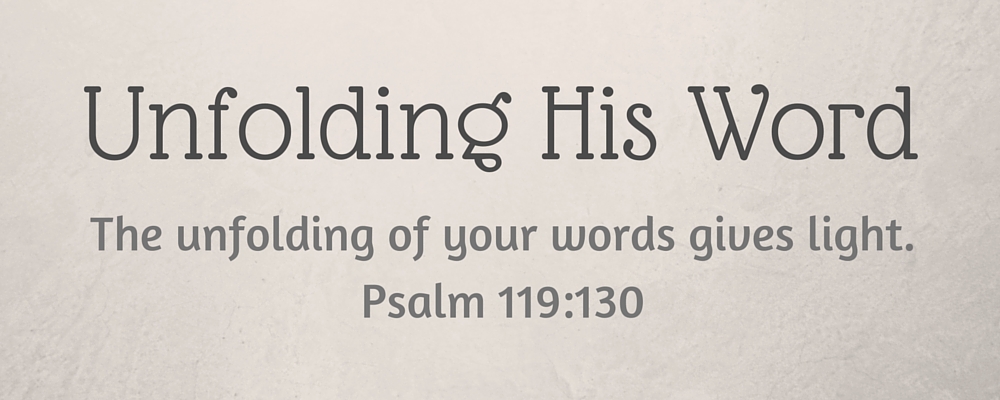The first day of most high school and college classes begins with the syllabus—a document that describes what will be taught in the course, what the teacher expects from the students, and what the students can expect from the teacher. Some syllabi are very detailed and continue on for 10 or more pages, while others are short and may contain nothing more than a tentative class schedule.
You may think that using a syllabus with a small group Bible study is overly rigid and will inhibit a friendly atmosphere where class members feel free to discuss topics that are on their hearts. But bear with me. The syllabus can be called something more inviting: “Class Schedule” or “Introductory Information” or even something like “Reference Materials” if the word “syllabus” stirs unpleasant school memories.
And just as a syllabus serves a purpose in school, you and your small group may find it to be a very helpful resource throughout your class.
Here are some elements I include in my university course syllabi which can be adapted for use with a small group Bible study:
-
Basic information
Include your contact information and maybe the contact information for the church or meeting location. Your class members will appreciate having your name, telephone number, and email address tucked into their Bibles or Bible study workbook.
-
Course description
Describe how long the course will run and what the format is expected to be. Is this a 10-week study? Is class one hour long, and will that hour include both a video and discussion time? Is homework involved? While these details may be clear in your mind, they may not be clear to your class members.
-
Learning objectives or goals
Identify what you hope to achieve by the end of the class. You can even phrase it along these lines: “By the end of our 10-week study, I hope you will…” Some learning goals may include learning to hear and do the will of God, memorizing a book of the Bible, or understanding how we can become men and women of integrity.
-
Materials
List the Bible study materials and where they can be purchased. Are some of the reference materials available for free online? Can class members borrow some from the church library? Is there a way to access the videos if they have to miss class?
-
Class schedule
List the dates and times of class meetings. Make sure you look ahead on the church calendar to find any conflicts that may cause you to miss class. For example, do any holidays or special events fall during your 10-week session that will extend the study to 11 or more weeks?
-
What to expect
Here is your opportunity to describe how flexible or how structured you anticipate the next 10 weeks will be. Is the topic of the class sensitive, in which case is confidentiality very important? Will you be constrained for time, in which case do you need to find another way to share prayer requests with one another? Do you require that only those who complete the homework be the ones to answer discussion questions, or is everyone welcome to join the discussion?
Not every element listed above is necessary, especially if your small group is an ongoing group with no specific start and stop date. Less structured classes may need nothing more than contact information and a calendar. More structured classes may include even more elements than I’ve listed here.
Your turn:
Can you identify other helpful informational items that you distribute the first day of a new Bible study class?


Great information!